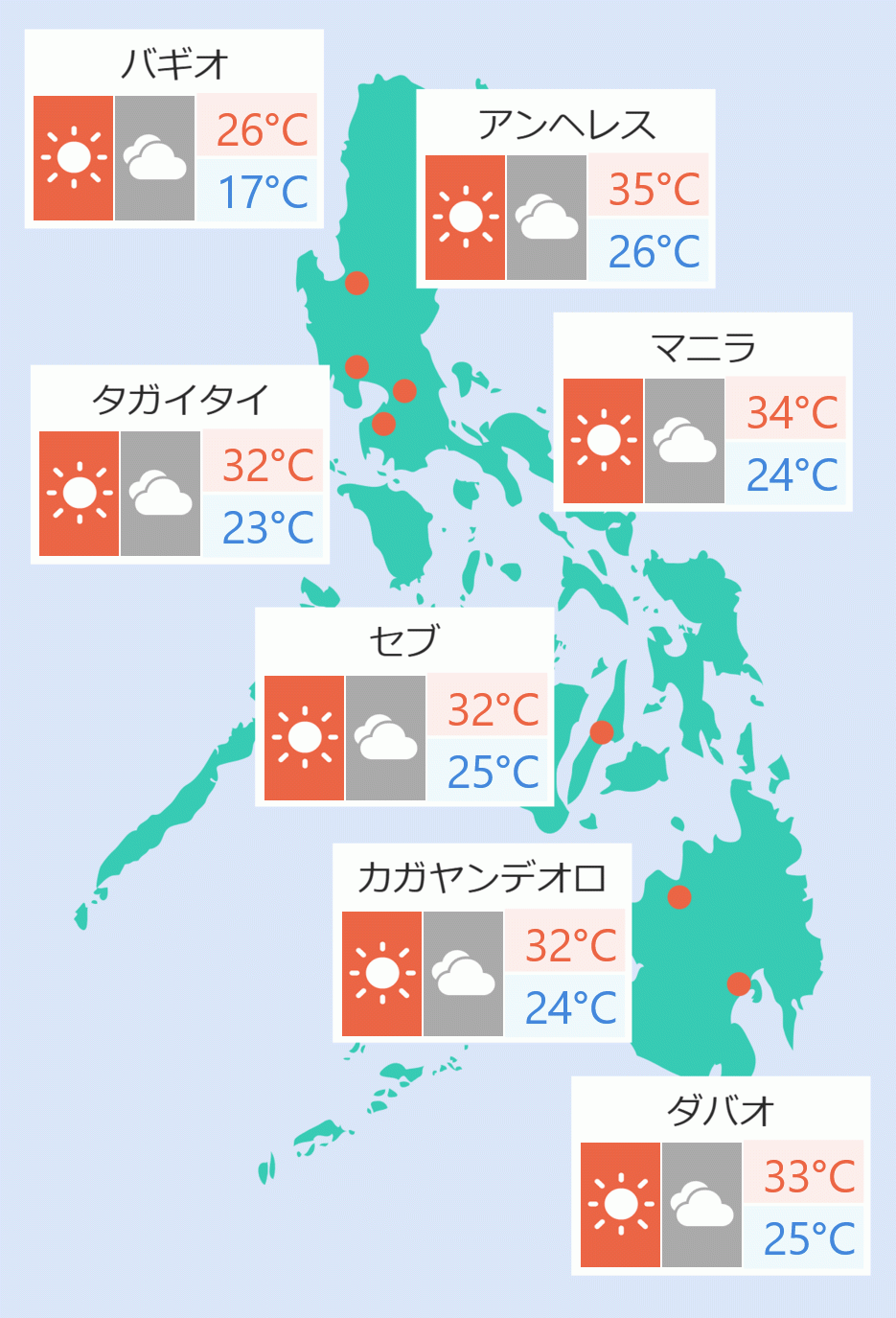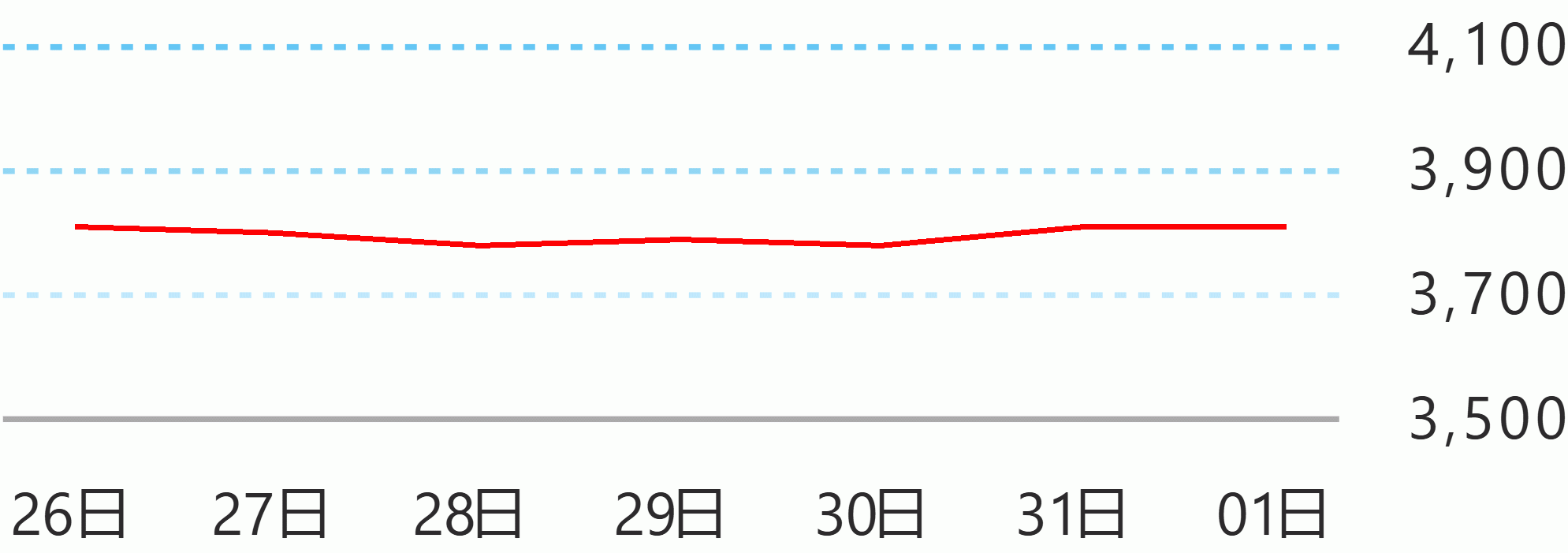After almost two years of threatening the global health landscape, the COVID-19 pandemic is still ''far from over'', a World Health Organization (WHO) official said on Friday.
"With the upcoming holiday season, we will see more gatherings and movements of people, and the northern hemisphere winter may also bring surges of other respiratory diseases like influenza, alongside COVID-19. It is clear that this pandemic is far from over," Takeshi Kasai, director of WHO Western Pacific Region, said in a virtual press conference.
"Even in countries which have successfully suppressed the virus, and those which have managed to record zero cases to date including several Pacific island countries – we cannot be complacent," he said.
"Globally, cases have been increasing for seven consecutive weeks, and the number of deaths have started to rise too, driven largely by the Delta variant and a decrease in the use of protective measures in other parts of the world. And in the past week we have designated a new variant of concern, Omicron," he added.
Kasai said every country should prepare for possible surges because there is no vaccine that can prevent 100 percent of infection and border control can only delay the entry of the virus to every nation.
"COVID-19 has now spread all over the world and we should not be surprised to see more surges in the future. As long as transmission continues, the virus can continue to mutate as the emergence of Omicron demonstrates, reminding us of the need to stay vigilant," he said.
Kasai said the "surges are occurring even in countries where more than 60% of people are vaccinated."
"Although, thanks to the vaccines’ effectiveness at reducing severe disease, the number of deaths has been much smaller compared to earlier surges. Vaccines have definitely been a game changer but no vaccine can prevent 100% of infections, and vaccinated people can still pass on the infection to others, including the vulnerable," he said.
"The situation unfolding in other parts of the world at the moment shows that we cannot rely on vaccines alone. But with the vaccines in combination with other measures, we have an opportunity to shift our approach," he added.
Kasai said countries shouldn't also rely on border control because there is information that shows Omicron is more transmissible than the other Covid-19 variants.
"As we have heard, Omicron has been designated a variant of concern because of the number of mutations, and because early information suggests it may be more transmissible than other variants of the virus. Border controls can delay the virus coming in and buy time, but every country and every community must prepare for new surges in cases," he said.
"The positive news in all this is that none of the information we have currently about Omicron suggests we need to change the direction of our response. Our experience of the last two years, especially in dealing with variants like Delta, provides a guide about what to do now, as well as how to cope with future surges in a more sustainable way," he added. Robina Asido/DMS





 English
English










